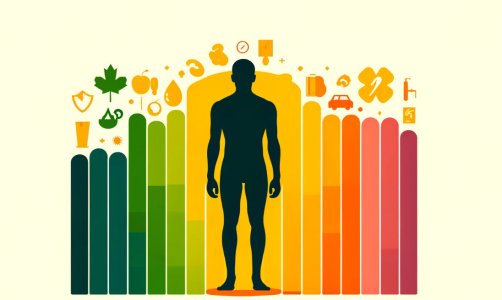
While condoms remain a cornerstone in preventing the transmission of HIV, relying solely on them isn't the only strategy to protect oneself and others. As we navigate through 2024, Nigerians must explore and embrace a multifaceted approach to HIV prevention. Let's delve into five effective methods that, when combined with condom use, can significantly reduce the risk of contracting HIV.
Embrace Fidelity
Monogamy, when practised by both partners, drastically reduces the risk of HIV infection. In a relationship where both individuals have tested negative for HIV, remaining faithful prevents the introduction of the virus into the relationship. It's a shared commitment to each other's health and well-being, fostering a safe and trusting environment. Discussing fidelity openly and honestly is a step forward in protecting each other from HIV.
Practice Abstinence
Abstinence from sexual activity is the most effective way to avoid HIV transmission. It eliminates the risk of exposure to the virus through sexual contact. Especially for young Nigerians, abstinence can be a viable option until they are ready to engage in sexual activities within the context of a monogamous and committed relationship. Education and open discussions about sexuality can empower individuals to make informed decisions about abstinence.
Regular Testing and Open Communication
Knowing your HIV status and that of your partner is paramount. Regular HIV testing ensures early detection, which is crucial for managing the virus and preventing its transmission. Open communication about HIV status, sexual health, and testing history with potential and current partners builds a foundation of trust and safety. It enables informed decision-making about preventive measures and care.
Pre-Exposure Prophylaxis (PrEP)
Pre-exposure prophylaxis (PrEP) is a breakthrough in HIV prevention. It involves taking a prescribed medication by people who do not have HIV but are at substantial risk of getting it to prevent HIV infection. When taken consistently, PrEP has been shown to reduce the risk of HIV infection significantly. Access to PrEP and adherence to the medication regimen, alongside regular medical check-ups, can offer another layer of protection for those at high risk.
Achieving and Maintaining a Zero Viral Load
For individuals living with HIV, adhering to antiretroviral therapy (ART) can suppress the virus to undetectable levels, known as a "zero viral load." Achieving and maintaining an undetectable viral load not only benefits the individual's health but also prevents the transmission of the virus to sexual partners. It underscores the importance of access to treatment, regular medical care, and adherence to prescribed medication.
Avoid Using Drugs with Shared Needles
Sharing needles and other drug paraphernalia is a significant risk factor for HIV transmission. When individuals share needles, they are at risk of exposing themselves to blood contaminated with HIV and other bloodborne pathogens - to mitigate this risk, it is imperative to avoid the use of injectable drugs or, for those who do, to utilize harm reduction services such as needle and syringe programs (NSPs). NSPs provide sterile needles and syringes and offer a safe way to dispose of used ones, significantly reducing the risk of HIV transmission. Additionally, these programs often offer:
- Access to testing.
- Treatment for substance use disorders.
- Information on how to prevent HIV and other infections.
In conclusion, while condoms are essential in the fight against HIV, they are just one part of a comprehensive prevention strategy. By embracing fidelity, considering abstinence, engaging in regular testing and open communication, utilizing PrEP, and striving for a zero viral load, Nigerians can fortify their defences against HIV. It's a collective effort that requires education, awareness, and access to healthcare services. Together, we can make significant strides in preventing the transmission of HIV and supporting those living with the virus in 2024 and beyond.




